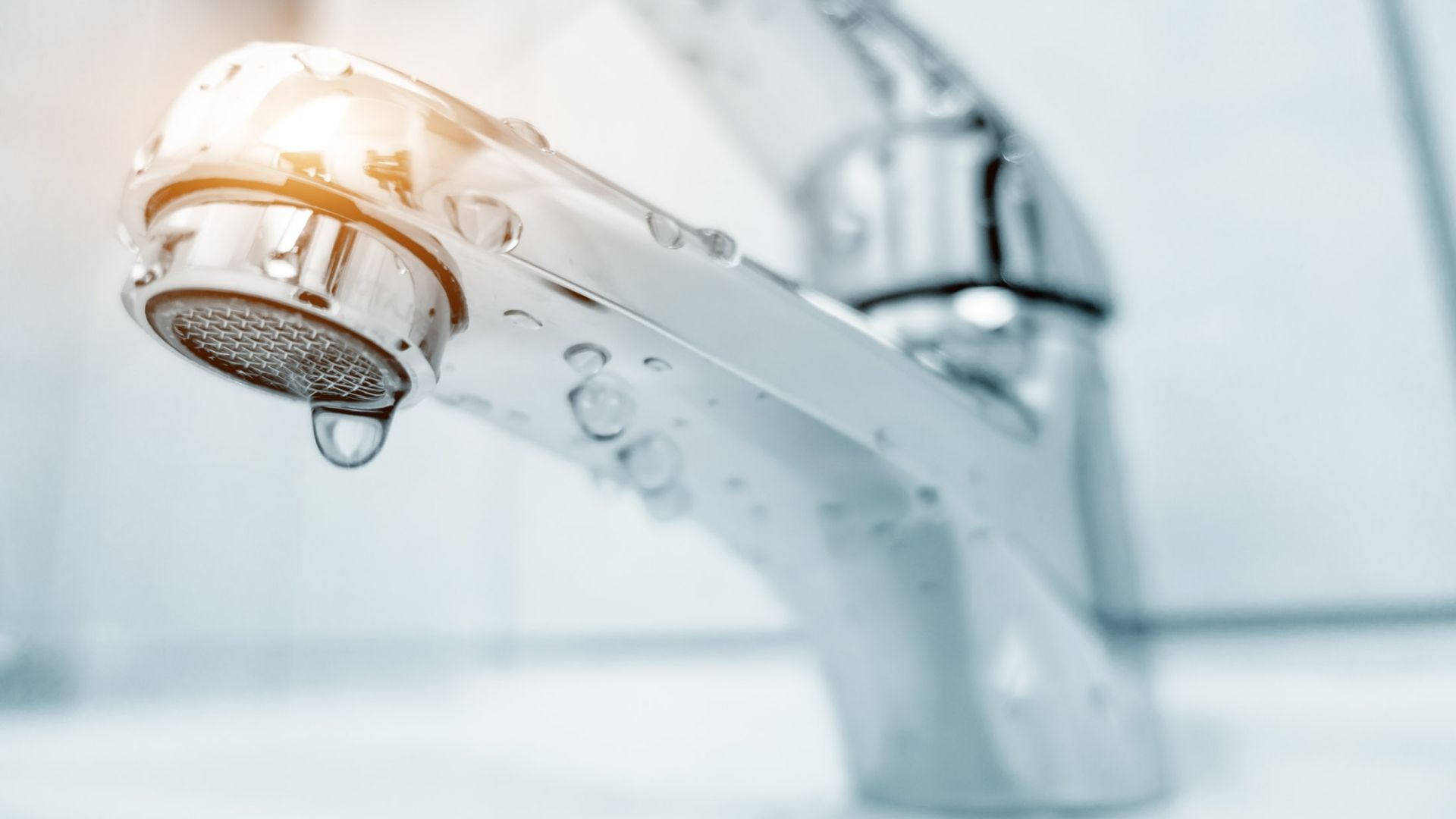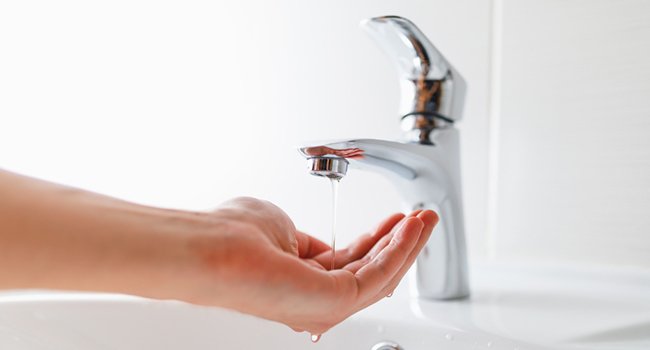Useful Solutions for Tackling Low Water Pressure in Your Home
Useful Solutions for Tackling Low Water Pressure in Your Home
Blog Article
The article author is making several great pointers about Dealing with Low Water Pressure in Your Home as a whole in this post directly below.

Low water stress in your home can be a frustrating trouble, affecting every little thing from showering to washing meals. If you're experiencing weak water flow, there are several feasible causes and remedies to explore. In this guide, we'll discuss common reasons for low tide stress and functional actions to deal with the problem efficiently.
Intro to Low Water Pressure
Low water pressure occurs when the flow of water from your taps, showers, and other fixtures is weak than typical. This can make everyday jobs more tough and less effective. Understanding the reasons for low water stress is essential to locating the appropriate solution.
Usual Reasons For Low Tide Stress
Pipeline Obstructions
In time, pipelines can become clogged with mineral deposits, debris, or particles, limiting the flow of water. This is a typical issue in older homes with galvanized steel pipelines.
Rust
Corrosion within pipelines can cause leaks and minimized water stress. Corrosion buildup can constrict water flow, specifically in aging plumbing systems.
Faulty Stress Regulators
Stress regulators are accountable for preserving constant water pressure in your home. If they malfunction, it can lead to low tide stress or uneven circulation throughout your home.
Local Water System Issues
Occasionally, the issue exists outside your home. Local water issues, such as main line leaks or upkeep job, can briefly decrease water pressure in your area.
How to Detect Low Tide Stress
Examining Taps and Components
Begin by examining the water pressure at various faucets and components throughout your home. If the problem is isolated to particular areas, it may indicate localized troubles.
Evaluating Pipelines
Check noticeable pipes for indicators of leakages, rust, or clogs. Take note of any unusual sounds, such as banging or rattling pipes, which might show concerns within the plumbing system.
Consulting with a Plumber
If you're not able to pinpoint the root cause of low tide pressure, take into consideration working with a specialist plumber to conduct a detailed evaluation. They can recognize underlying concerns and advise appropriate solutions.
DIY Solutions to Take Care Of Low Water Pressure
Cleaning Aerators and Showerheads
Natural resources can build up in aerators and showerheads, minimizing water flow. Get rid of and cleanse these elements on a regular basis to enhance water pressure.
Flushing Hot Water Heater
Sediment buildup in the water heater can restrict circulation and lower efficiency. Flushing the container regularly helps remove sediment and keep optimal performance.
Inspecting Pressure Regulatory Authority
Make sure that the pressure regulator is working correctly. Adjusting or replacing the regulatory authority can help recover correct water pressure throughout your home.
Clearing Clogs in Piping
For small obstructions, try using a plumbing snake or chemical drainpipe cleaner to clear blockages in pipes. Be cautious when utilizing chemicals and follow safety and security guidelines.
When to Call a Professional Plumber
If do it yourself efforts fall short to settle the concern or if you believe considerable plumbing issues, it's best to seek support from a qualified plumber. They have the competence and tools to deal with intricate problems securely and successfully.
Preventive Measures to Keep Water Stress
Normal Maintenance
Arrange routine upkeep for your plumbing system to prevent issues such as corrosion, leaks, and obstructions. Addressing minor problems early can aid avoid more substantial fixings later.
Installing a Stress Booster
Take into consideration installing a pressure booster pump to boost water pressure in areas with consistently low circulation. This can be especially useful for multi-story homes or residential or commercial properties with high-demand components.
Tracking Water Use
Be mindful of water use habits and stay clear of overtaxing the plumbing system. Basic modifications, such as staggering showers and laundry tons, can aid preserve adequate water pressure.
Verdict
Taking care of low water pressure can be irritating, but identifying the underlying causes and carrying out suitable options can restore ideal circulation throughout your home. Whether it's cleaning up aerators, evaluating pipes, or consulting with a plumber, taking positive steps can guarantee a consistent supply of water for your daily requirements.
How to Fix Low Water Pressure In Your Home
Municipal Water Supply Issues
Scheduled maintenance, high demand, and water main breaks are all potential causes for low water pressure within a city or county’s water lines. While there’s not much you can do to personally fix a problem with your city or county’s water supply system, you can play a big role in documenting the issue and alerting those who can.
How to fix it:
Ask your neighbors if they are experiencing any issues with low water pressure. If multiple homes are affected, it’s likely related to the city’s water line.
Contact the local Water Authority to see if there is any maintenance taking place that might be affecting your supply. Also let them know of your specific issues. If other homeowners report the same issues, they’ll know that there could be a larger issue to look into.
Faulty Fixtures
A damaged or clogged shower head, faucet or appliance is the first thing we’d suggest checking, especially if low water pressure appears to be isolated to a specific area of your home.
How to fix it:
First, turn off the main water supply to your home.
Check the affected appliances for build-up or debris. In the case of a faucet, you can simply unscrew the aerator at the tip of the faucet. Showerheads should be fully detached from the water pipe.
While the appliances are detached, you may want to check the water supply to determine if the fixtures were in fact the issue.
To clean, soak the showerhead or aerator in vinegar and brush off any visible debris.
Reattach the fixtures and check the water pressure again. If it is still low, there is likely a deeper issue at hand, which can be determined by a professional plumber.
Pipe Obstructions
Mineral deposits, rust or other debris within water pipes can lead to blockages or corrosion over time.
How to fix it:
When you think of a clog, you probably think of a drain clog. While there are many DIY solutions to clearing a drain, clogs in a water pipe will almost always require the help of a professional plumber. A plumber will be able to locate the affected pipe and clean out any debris or mineral deposit buildup. In severe cases, the pipe may need to be replaced. Your plumber might also recommend a water softening system to remove the minerals from your home’s water supply that can contribute to pipe blockages over time.
Plumbing Leak
Undetected water line leaks can divert water away from your residential pipes, reducing the water pressure in your fixtures.
How to fix it:
Check your water meter by turning off all water sources and monitoring the meter for any movement, which could be a clear indicator of a potential leak.
Check all visible pipes for signs of leaking, including water stains, active dripping or damp spots around the pipe.
Inspect fixtures, including faucets and showerheads, for any drips.
Test the pressure but recording the pressure with the main water valve shut off. Leave off for a few hours and test again. A significant drop in pressure is a clear sign of a leak.
https://kiddcoplumbing.com/plumbing-blog/how-to-fix-low-water-pressure/

How to Fix Low Water Pressure In Your Home
Municipal Water Supply Issues
Scheduled maintenance, high demand, and water main breaks are all potential causes for low water pressure within a city or county’s water lines. While there’s not much you can do to personally fix a problem with your city or county’s water supply system, you can play a big role in documenting the issue and alerting those who can.
How to fix it:
Faulty Fixtures
A damaged or clogged shower head, faucet or appliance is the first thing we’d suggest checking, especially if low water pressure appears to be isolated to a specific area of your home.
How to fix it:
Pipe Obstructions
Mineral deposits, rust or other debris within water pipes can lead to blockages or corrosion over time.
How to fix it:
When you think of a clog, you probably think of a drain clog. While there are many DIY solutions to clearing a drain, clogs in a water pipe will almost always require the help of a professional plumber. A plumber will be able to locate the affected pipe and clean out any debris or mineral deposit buildup. In severe cases, the pipe may need to be replaced. Your plumber might also recommend a water softening system to remove the minerals from your home’s water supply that can contribute to pipe blockages over time.
Plumbing Leak
Undetected water line leaks can divert water away from your residential pipes, reducing the water pressure in your fixtures.
How to fix it:
https://kiddcoplumbing.com/plumbing-blog/how-to-fix-low-water-pressure/
I'm very curious about and I really hope you appreciated the new article. Sharing is nice. Helping people is fun. Thanks a bunch for your time. Revisit us soon.
Click Here Report this page